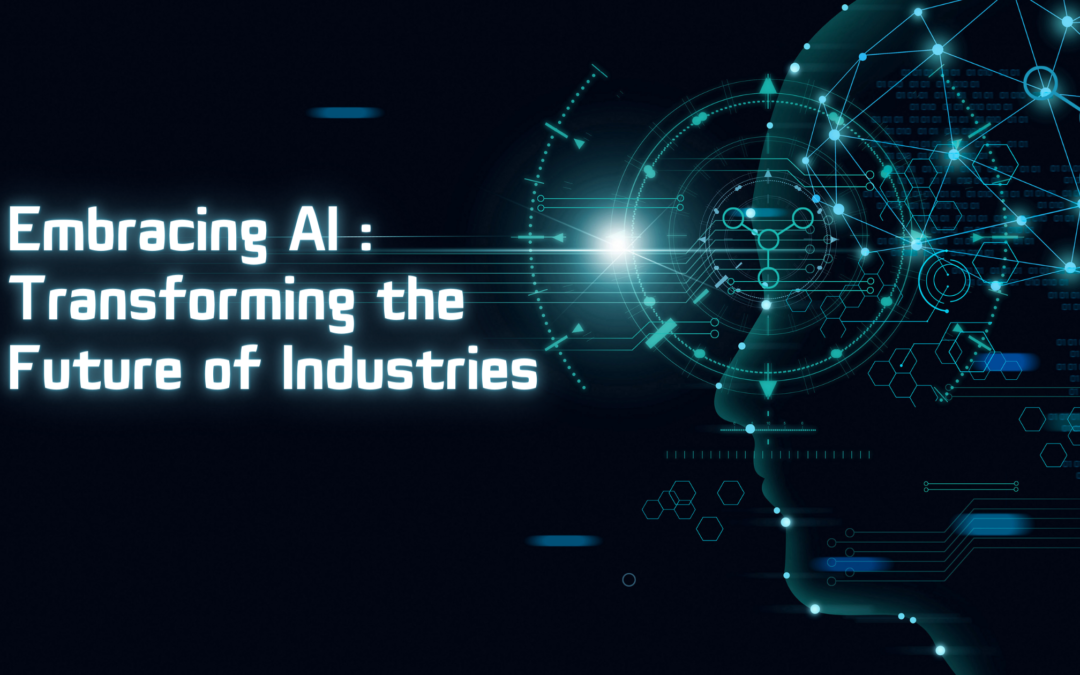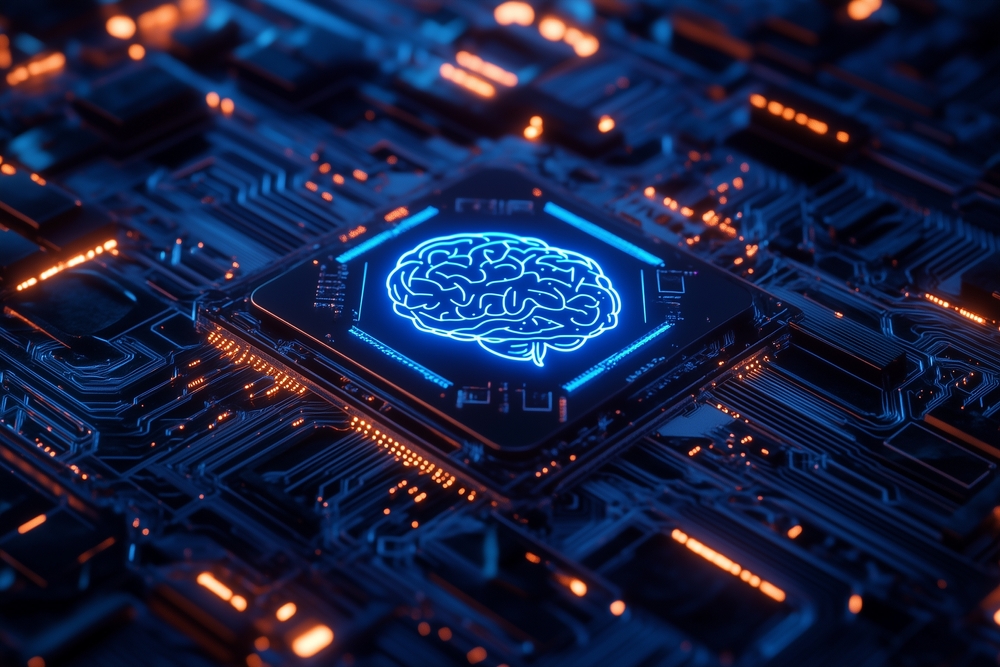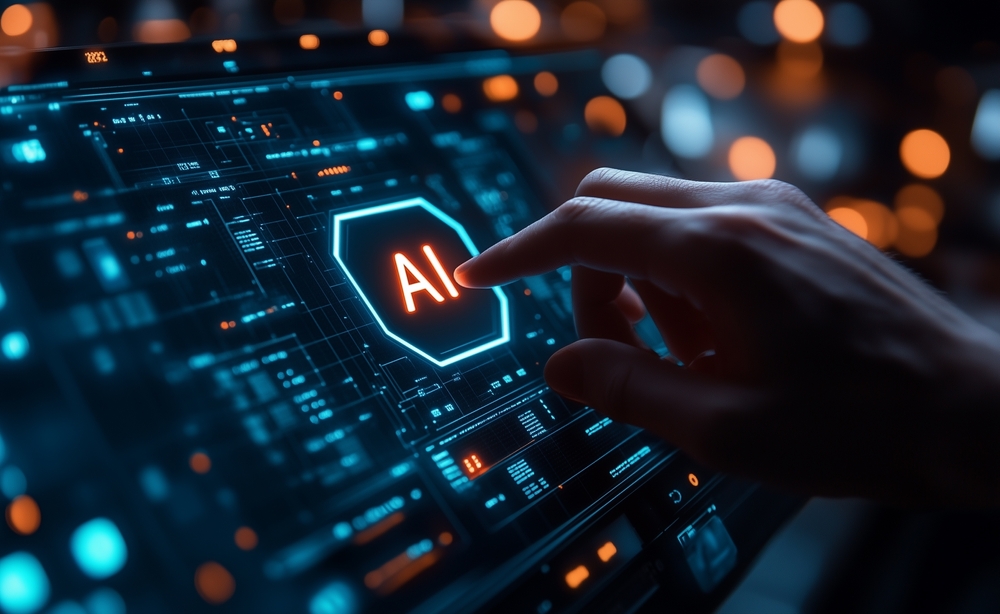The future is long gone. Artificial Intelligence (AI) is already here with us. Various types of businesses are slowly starting to use AI technologies that have continued to improve over time. Using AI should not only involve adding new tools but it should also be a way through which organizations will change for its operations, research and development (R&D) activities, and remain competitive.
The Era of Intelligent Automation
The modernized business processes that leverage AI symbolize a beginning of advanced automation. Automation that utilizes AI extends beyond tasks that have been repeated time after time so as to provide understanding and foreknowing analytics. By helping the enterprises become more productive, cut on expenses, and make better resolutions in running a tight race, this turn of events places them in a better position than when they were not transformed.
AI and Enhanced Customer Experiences
In the context of corporate culture, there is the importance of AI interventions. Virtual assistants and chatbots, which are powered by AI, are essential in maintaining an all-round customer relationship management based on real time set up. AI analyzes customer behavior plus preferences hence it enables firms to come up with offerings that meet the needs of various customers leading to better customer experience as well as loyalty towards a particular brand.
Revolutionizing Healthcare with AI
Healthcare is experiencing new trends with regard to AI. From diagnostic tools and personalized medicine to robotic surgeries, patient care and outcomes have been made better by AI. They are used to scrutinize extensive medical records which make it possible to detect diseases at an early stage and thus offer better treatment.
AI in Education: A New Learning Paradigm
The education sector is turning to AI in order to implement adaptive learning environments. AI fueled engines complement learning actions in areas such as students’ behavior and characteristics. This way of teaching does not only maximize educational achievements but also makes learning more interesting and accessible to a broader audience.
AI-Driven Innovation in Manufacturing
The predictive maintenance, quality control and supply chain optimization are some of the areas in which AI is made use of by manufacturers. Downtime and maintenance costs are reduced as artificial intelligence (AI) algorithms are used to forecast when equipment failures would happen. Furthermore, it helps human eyes identify faults that would otherwise go unnoticed.
Financial Services Will Embrace Generative AI Faster Than You Think
AI is about to revolutionize the financial sector. In banking, investment analysis, and insurance industries, Generative AI has been transforming them by creating new things and solutions. It improves efficiency, accuracy and customer experience through fraud detection, risk evaluation as well as giving personalized financial advice.
Retail Transformation through AI
Stores are using AI to make their operations more efficient and improve how they interact with shoppers. AIs hand in spot, analyze aspects; then promote items that suit them best based on the choices made by people themselves. Retailers apply inventory handling along with logistics of supplying chains effectively by leveraging AI’s aptitude of foreseeing, hence preserving the best stocks and cutting expenses for action reasons.
AI in the Energy Sector
AI is being used in the energy industry to make energy production and transmission more effective. As a result, AI models assist in saving money by predicting the usage of energy, and this leads to effective resource maximization and limited amounts of wastage. Solar and wind power sources—among other renewable ones—are advanced by AI, thus increasing their capacity and making them more grid-friendly.
Transportation and Logistics: AI at the Helm
AI is revolutionizing the transportation and logistics industries through route optimization, fleet management and forecasting when vehicles need maintenance. When driven by AI, autonomous vehicles offer a safer, more efficient means of travel. Additionally, in logistics, AI boosts the management of the supply chain, enabling lower costs and enhanced delivery times.
The Rise of AI in Marketing
AI is redefining marketing strategies. AI makes marketing campaigns more effective by allowing companies to segment their audiences, engage in personalized advertising, conduct sentiment analysis, etc. In addition, AI tools based on data analytics can be used by marketers to comprehend consumer preferences over time as well as changes in market trends.
AI and Cybersecurity: A Robust Defense
AI provides robust cybersecurity solutions as cyber threats grow more sophisticated. It is through AI algorithms that threats are detected as they occur thereby allowing responses towards prevention before these attacks happen on a real time basis. This entails that the security defense system against any form of attack is always being made ahead by alerting people on time about incoming risks including those that will come up in future due to their past history which could be learnt by the system because of machine learning models detecting and responding with real-time measures.
AI in Agriculture: Enhancing Productivity
In order to enhance productivity and ensure sustainability, the agriculture field has adopted AI tools. Another application for such a platform in this industry is monitoring crop growth stages analysis based on soil fertility levels estimation using AI models (Catharina, Hay and Thole 2013). The water efficiency or nitrogen use in agricultural activities may be achieved through its utilization in predictive models for determining optimal doses required per plant at this time based on its soil moisture content levels being measured by remote sensors interconnected with computerized systems in place which sends information about them directly onto computer where these are analyzed within seconds before generating corresponding output into user interface fitting any smartphone which considers that type instead of running large programs requiring lots of calculation time according certain predetermined constraints (Schiffman, Alter, Gottlieb and Balandin 1996).
AI and Legal Services: Streamlining Processes
AI is being adopted in the legal sector to increase the efficiency of the processes that are in place. Legal research, contract analysis as well as case prediction are some of the areas where AI tools have been used. In this way, attorneys will have more time to spend on complex elements of their job while also making their services better and improving the outcome of the cases by automating repetitive tasks.
Real Estate: AI Redefining the Landscape
AI is revolutionizing the real estate sector. AI improves many elements of the industry such as property valuations, analytics, virtual tours, and customer service. Investors get informed decisions from AI-powered insights and smart home technologies are upgrading living standards.
AI in Entertainment and Media
The fun and media company is using AI to improve content creation and consumption. AI algorithms that look at what viewers like are what enable content personalization recommendations. Creative borders are pushed in scriptwriting, video editing or even music production due to AI tools in the content production field.
Ethical Considerations in AI
The ever-increasing integration of artificial intelligence demands an increased need for ethical considerations to be taken into consideration. The questions of data privacy at large, algorithmic bias alongside their effect on job opportunities all need to be handled with care. It is important for one to trust and make fair judgments; there should be ethical standards in place and clear operating procedures for AI-based systems.
AI and the Future of Work
Artificial intelligence (AI) is changing the way work is done, opening up new opportunities as well as some threats. As tasks are automated using AI, there is a shift towards needing different kinds of abilities and employee vacancies. With AI taking over mundane jobs, it is crucial that workers keep on learning and acquiring new skills to fit into this economy.
AI in Smart Cities
Smart cities have AI as their main operating system, and that is why it allows efficient resource utilization and service delivery. In dealing with urban transport and trash collection the same as safety in general or energy utilization needs, artificial intelligence has so many answers to offer in turn around time when it comes improving upon commuter safety measures by responding quickly enough since we can never predict when disaster strikes.
Embracing AI for Sustainability
AI plays a vital part in promoting environmental causes. It aids in establishing a sustainable future by reducing carbon footprints, managing natural resources and predicting environmental changes. To align their practices with global environmental agendas as well as meet their sustainability objectives corporations are embracing AI at an increasing rate.
Conclusion: The Path Forward
For businesses that want to remain relevant and competitive, adopting AI is not optional but unavoidable. Innovation, efficiency, and growth will be fueled by the inclusion of these AI based technologies into various sectors over time. Enterprises will move forward boldly as they make sense of what AI could mean for them.
Artificial Intelligence is changing industries at an incredible speed. Organizations may jump on this bandwagon thus avoiding possible untapped benefits, amplifying their work, and bringing additional consumer satisfaction. Indeed, to accept this radical innovation path, one has to think strategically, bear in mind ethics always, and stay committed to life-long learning as well as being innovative.





